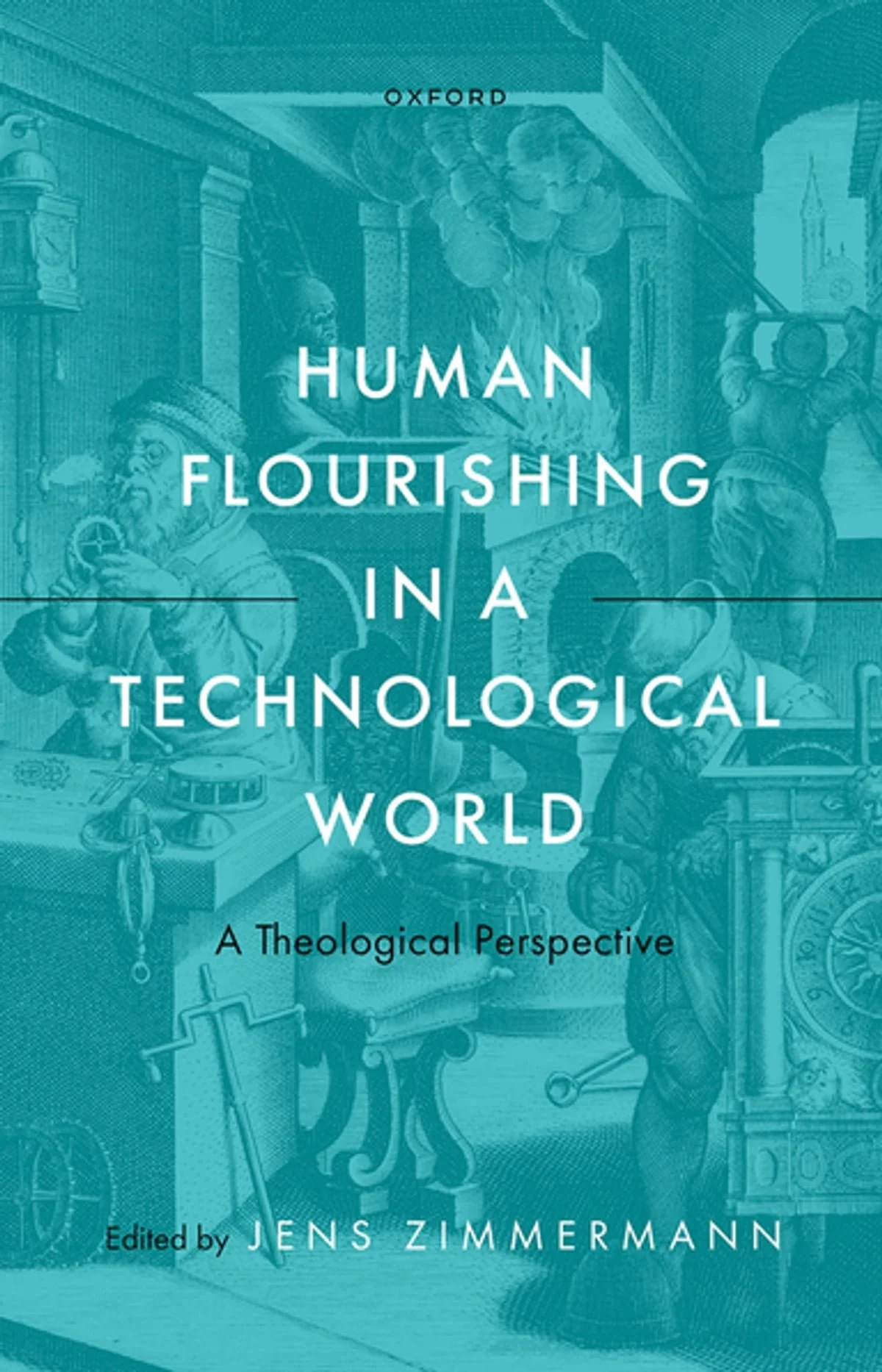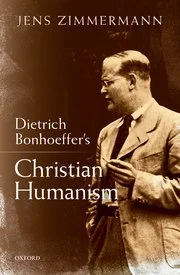Dietrich Bonhoeffer’s Christian Humanism provides a comprehensive introduction to Dietrich Bonhoeffer’s theology based on all of his published works and letters. Well-known Bonhoeffer scholar, Jens Zimmermann presents Bonhoeffer’s theological ethos as a Christian humanism— that is, an understanding of the gospel rooted in apostolic and patristic writers who believed God to have renewed humanity in the incarnation. The essence of Bonhoeffer’s Christianity that unifies and motivates his theological writing, his preaching, and his political convictions, including his opposition to the Nazi regime, is the conviction that Christianity as participation in the new humanity established by Christ is all about becoming fully human by becoming Christlike.
Read moreActs of Interpretation: Scripture, Theology, and Culture
This book features essays by biblical scholars and theologians offering broad reflections on key interpretive issues, rich readings of challenging biblical texts, and interaction with the Christian exegetical tradition from Melito of Sardis to Dietrich Bonhoeffer.
The contributors to this volume are leading figures in the theological interpretation of Scripture. Mindful of the Bible’s role in relation to God’s purposes, people, and world, these essays together offer “acts of interpretation” that aim to advance the faithful and fruitful correlation of Scripture, theology, and culture.
Read moreRe-Envisioning Christian Humanism: Education and the Restoration of Humanity
Oxford University Press, 2016.
Since the early 1980s, there has been renewed scholarly interest in the concept of Christian Humanism. A number of official Catholic documents have stressed the importance of "Christian humanism," as a vehicle of Christian social teaching and, indeed, as a Christian philosophy of culture. Fundamentally, humanism aims to explore what it means to be human and what the grounds are for human flourishing. Featuring contributions from internationally renowned Christian authors from a variety of disciplines in the humanities, Re-Envisioning Christian Humanism recovers a Christian humanist ethos for our time. The volume offers a chronological overview (from patristic humanism to the Reformation and beyond) and individual examples (Jewell, Calvin) of past Christian humanisms. The chapters are connected through the theme of Christian paideia as the foundation for liberal arts education.
Read moreReimagining the Sacred: Richard Kearney Debates God
Contemporary conversations about religion and culture are framed by two reductive definitions of secularity. In one, multiple faiths and nonfaiths coexist free from a dominant belief in God. In the other, we deny the sacred altogether and exclude religion from rational thought and behavior. But is there a third way for those who wish to rediscover the sacred in a skeptical society? What kind of faith, if any, can be proclaimed after the ravages of the Holocaust and the many religion-based terrors since?
Richard Kearney explores these questions with a host of philosophers known for their inclusive, forward-thinking work on the intersection of secularism, politics, and religion. An interreligious dialogue that refuses to paper over religious difference, these conversations locate the sacred within secular society and affirm a positive role for religion in human reflection and action. Drawing on his own philosophical formulations, literary analysis, and personal interreligious experiences, Kearney develops through these engagements a basic gesture of hospitality for approaching the question of God. His work facilitates a fresh encounter with our best-known voices in continental philosophy and their views on issues of importance to all spiritually minded individuals and skeptics: how to reconcile God's goodness with human evil, how to believe in both God and natural science, how to talk about God without indulging in fundamentalist rhetoric, and how to balance God's sovereignty with God's love.
Bonhoeffer and Continental Thought
Dietrich Bonhoeffer, best known for his involvement in the anti-Nazi resistance, was one of the 20th century's most important theologians. His ethics have been a source of guidance and inspiration for men and women in the face of evil. Today, Bonhoeffer's theology is being read by Continental thinkers who value his contributions to the recent "religious turn" in philosophy. In this volume, an international group of scholars present Bonhoeffer's thought as a model of Christian thinking that can help shape a distinctly religious philosophy. They examine the philosophical influences on Bonhoeffer and explore the new perspectives his work brings to the perennial challenges of faith and reason, philosophy and theology, and the problem of evil. These essays add Bonhoeffer's voice to important contemporary debates in the philosophy of religion.
Read more






